Few relationships have as profound and enduring an impact on us as the one we have with our mother. As children, we are born with the innate need to feel safe, loved, and accepted by our caregivers. Children who do not receive this kind of emotionally attuned mothering may go on to struggle with feelings of guilt, loneliness, anxiety, and sadness as a result of this painful mother wound.
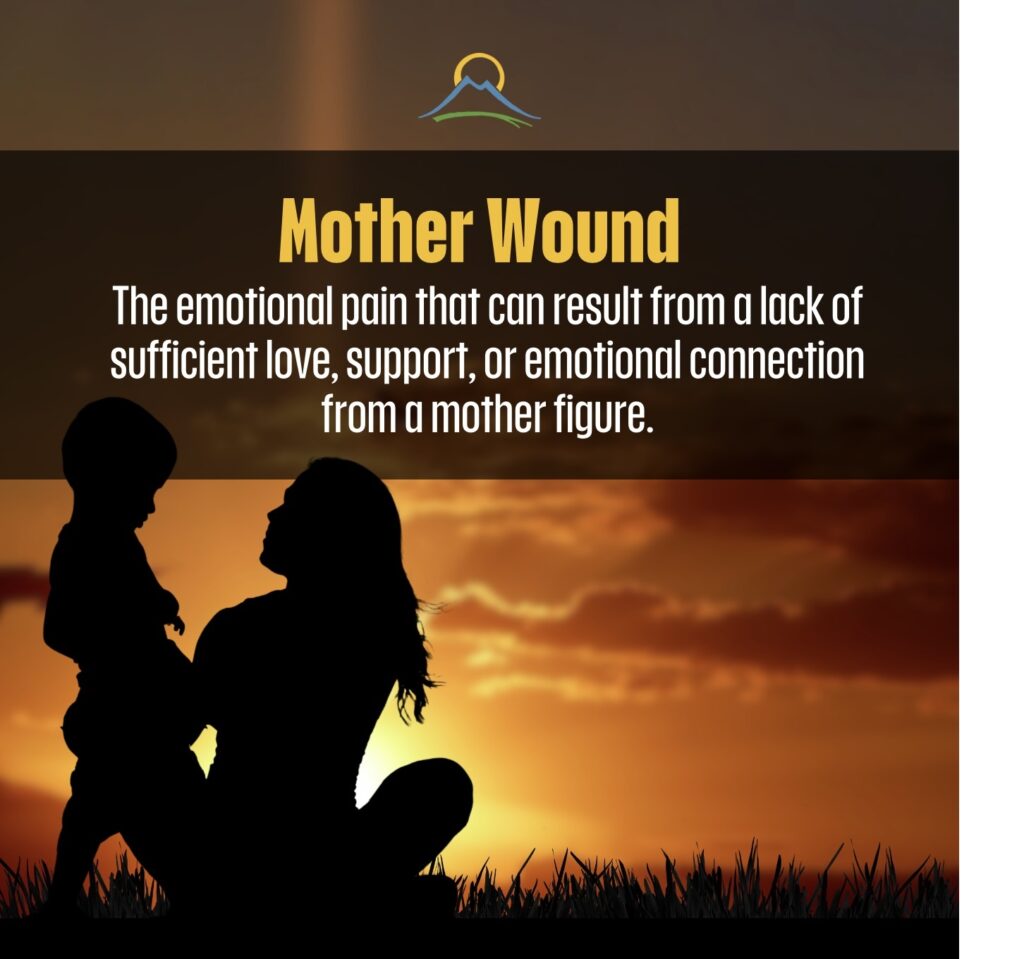
What is the Mother Wound?
The mother wound is a term used to describe the emotional pain that can result from a lack of sufficient love, support, or emotional connection from a mother figure. It is a type of attachment trauma that occurs when a mother figure is not emotionally available to meet a child’s needs.
While the mother wound can result from neglect or abuse, it can also result from under-mothering (Lewis, 2020). Individuals who were under-mothered may have received enough mothering to survive, but not enough to foster the strong sense of safety, security, belonging, and self-confidence that is necessary to thrive (Cori, 2017). As a result, these children may grow up to feel lost and alone in the world.
This wound can have a profound impact on a person’s development, relationships, and self-esteem and can lead to anxiety, depression, and other mental health issues (Cori, 2017).
Impact of the Mother Wound
Individuals who have experienced the mother wound often develop a set of beliefs about themselves and the world that impacts their ability to trust others, form close relationships, and feel safe. Without sufficient love, acceptance, and support from their mother figure as a child, these individuals often live with the painful belief that they are unlovable as they are (Cori, 2017). As a result, they may have an unclear sense of self and struggle to set healthy boundaries. Efforts to meet their own needs may be accompanied by feelings of guilt and shame for doing so (Cori, 2017). These individuals may feel as if they are never good enough, and may suffer from perfectionism and self-criticism.
All of this can culminate into a sense of loneliness, overwhelm, and fear that the world around them is dangerous (Cori, 2017). Common traits among individuals with the mother wound include:
- Low self-esteem and an unclear sense of self
- Self-criticism
- Perfectionism OR underachieving against your full potential
- People-pleasing
- Codependency
- Feelings of guilt, shame, or unworthiness
- Difficulty creating and sustaining lasting, meaningful relationships
- Difficulty regulating emotions (McBride, 2009; Lewis, 2020)
Path to Healing
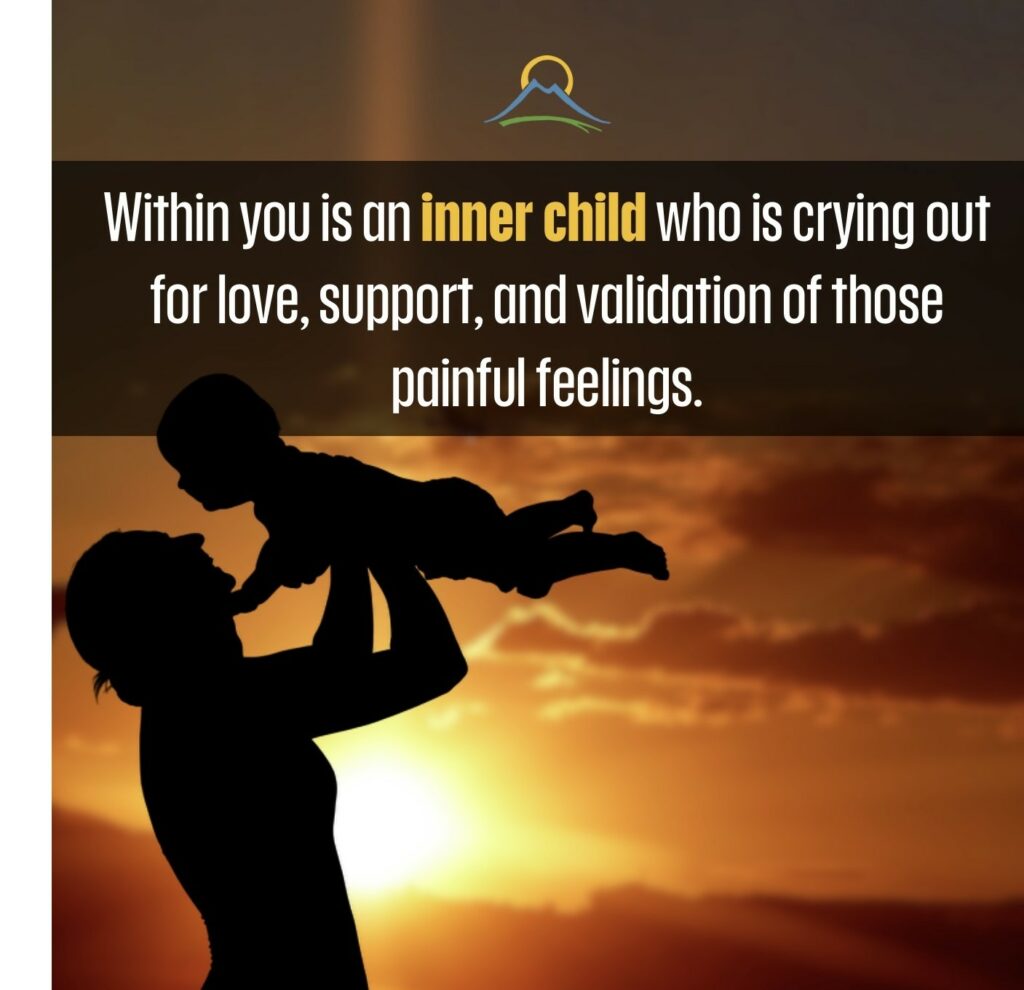
Undoubtedly, the mother wound elicits a whole slew of painful feelings: loneliness, anger, guilt, shame, anxiety, sadness, and more. Within you is an inner child who is crying out for love, support, and validation of these painful feelings. Because you did not receive the nurturing mothering you needed as a child, a significant part of healing from the mother wound is reparenting your own inner child (Cori, 2017).
“It’s okay to be angry, even if what was done to you was unintentional. In fact, you have to be angry if you want to heal your wounded inner child.”
(Bradshaw, 1990, p. 211)
Reparenting your inner child is an ongoing process, and acknowledging and validating the painful feelings you have experienced is a helpful first step. By validating these emotions, you are effectively telling your inner child, “I see you and your feelings matter.”
As you begin this journey of healing your inner child, you may find that you need to regain your inner child’s trust in you and your new safe environment (Bradshaw, 1990). Therapeutic modalities such as Internal Family Systems can be exceptionally effective at helping you to process through painful memories and reintegrate the parts of you that had to adapt to survive (Cori, 2017; Schwartz, 2020).
Conclusion
If this sounds like you, please know that you are not alone. There is hope and a path to healing. A therapist can help you begin to process these painful feelings and reparent your inner child. If you are struggling with the painful impact of the mother wound, there are therapists available to support you when you are ready.
References
- Bradshaw, J. (2013). Homecoming: Reclaiming and Healing Your Inner Child. Random House Publishing Group.
- Cori, J. L. (2017). The Emotionally Absent Mother. The Experiment.
- Lewis, R. (2020). The Mother Wound: What it is and How to Heal. Healthline. https://www.healthline.com/health/mother-wound#passing-it-on
- McBride, K. (2009). Will I Ever Be Good Enough?: Healing the Daughters of Narcissistic Mothers. Free Press.
- Schwartz, R. C. (2021). No Bad Parts: Healing Trauma and Restoring Wholeness with the internal family systems model. Sounds True.
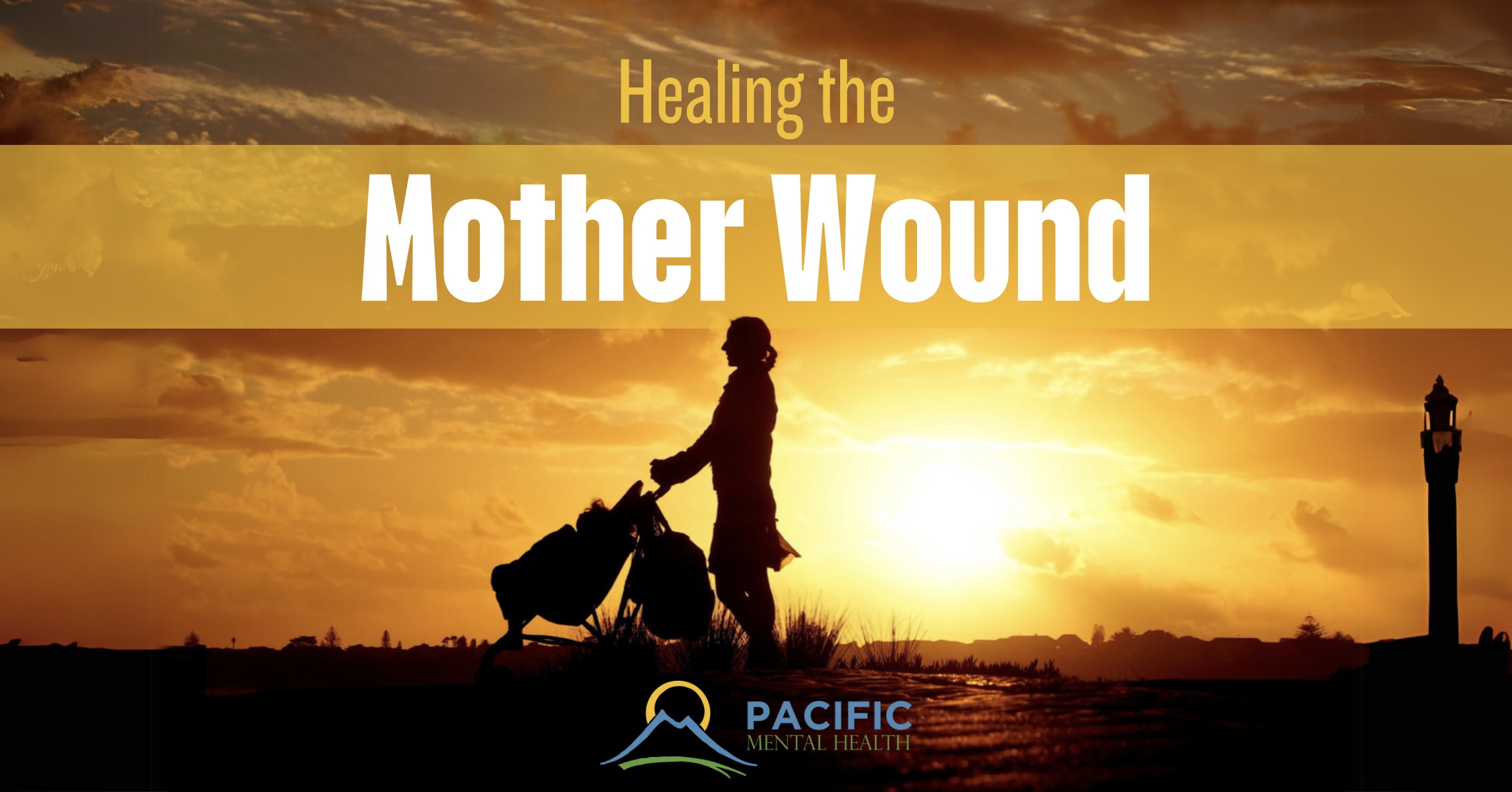

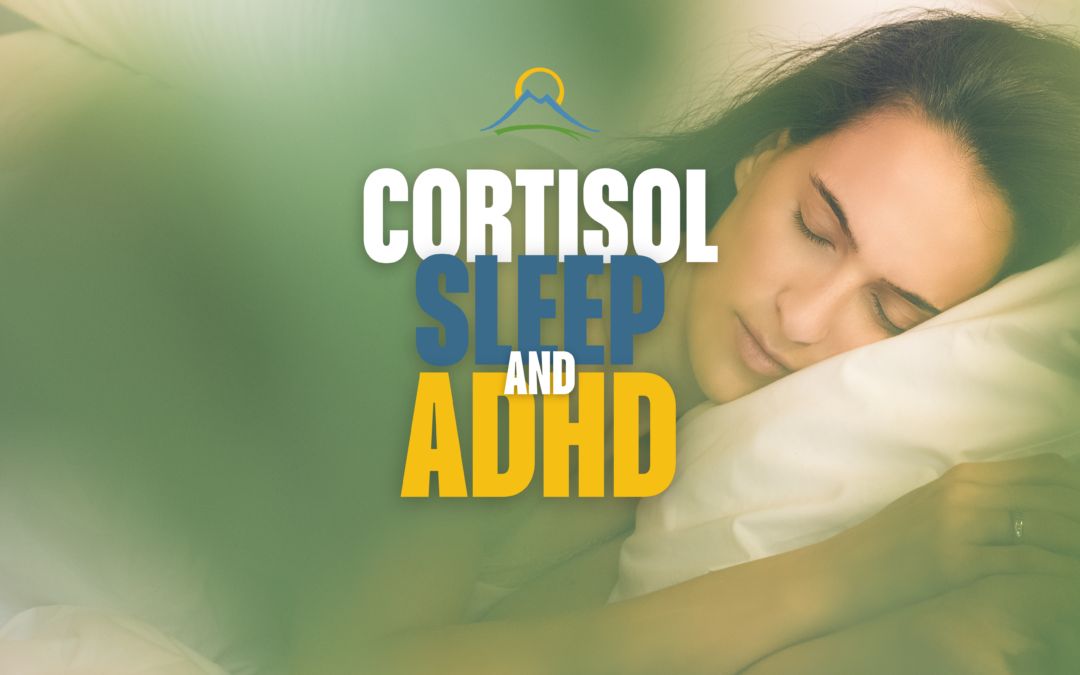
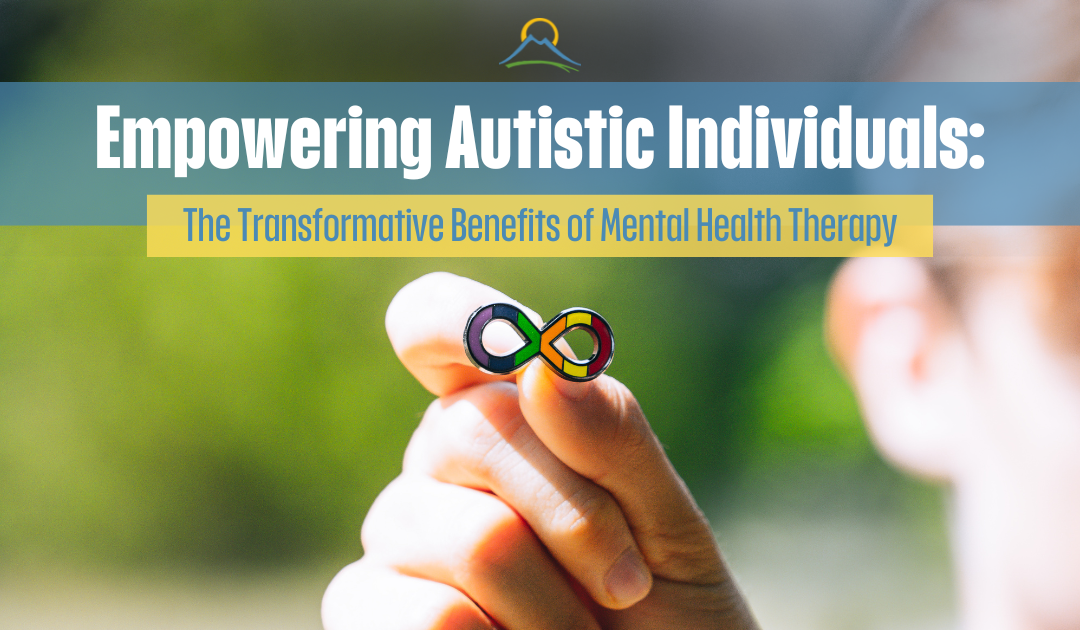



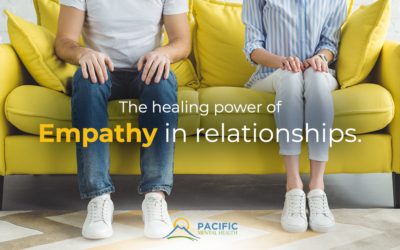
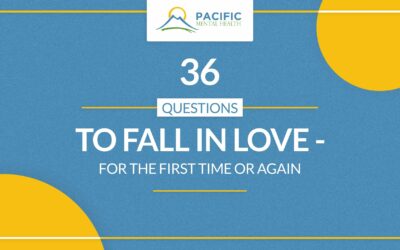
0 Comments